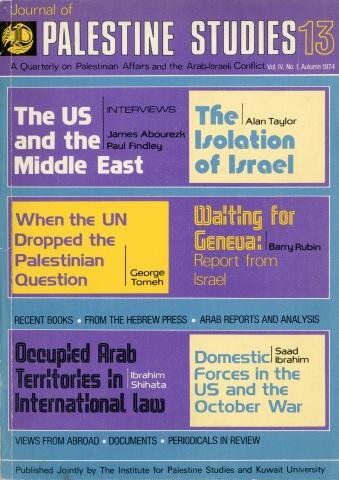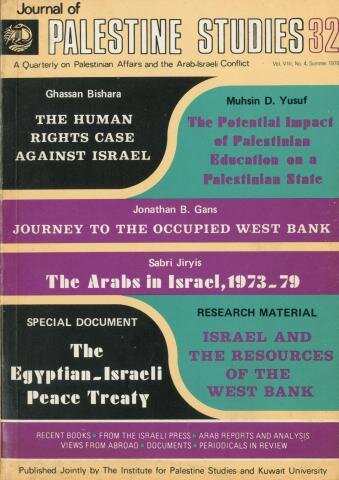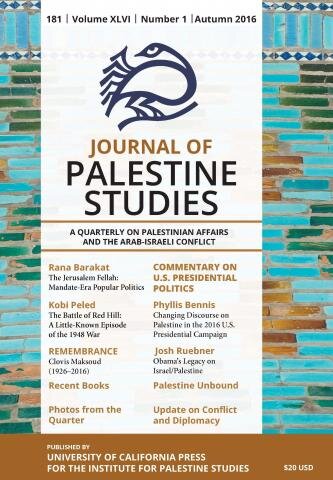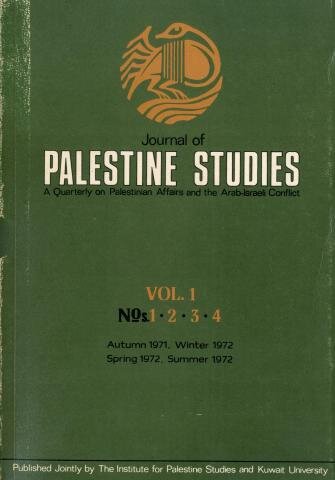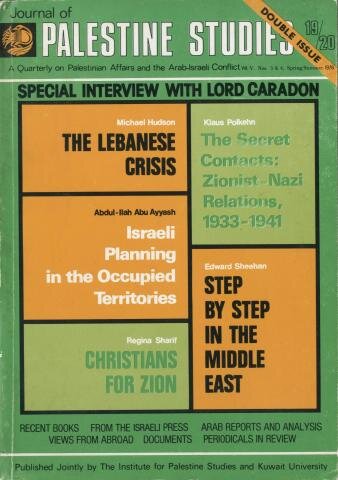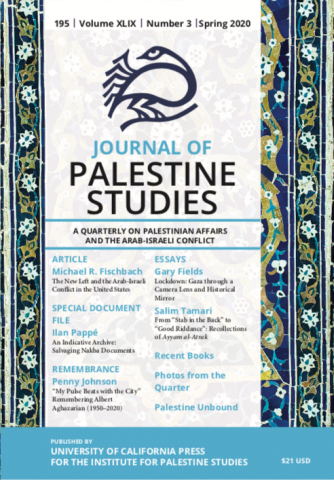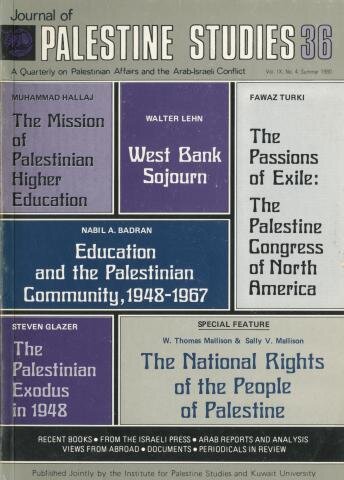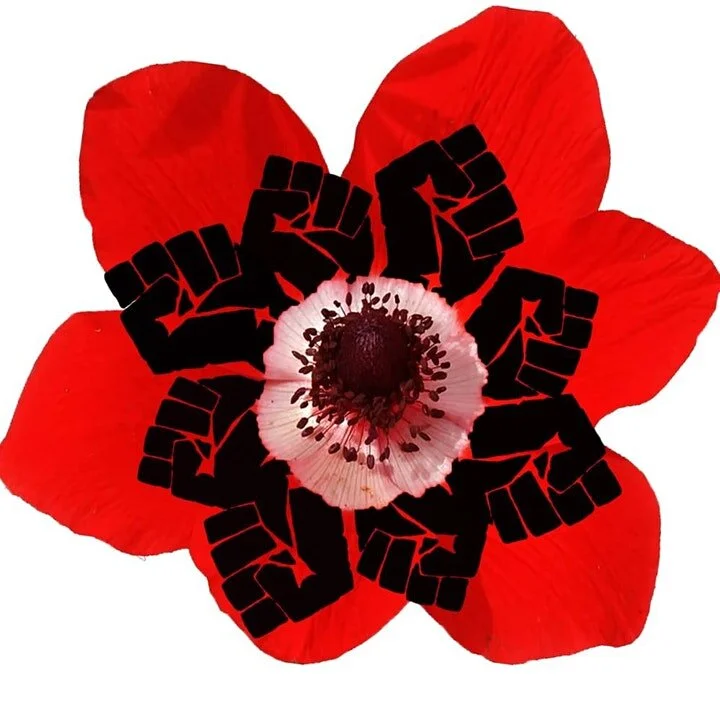Read an interview in Jadaliyya with Professor Gil Hochberg about her forthcoming book, Becoming Palestine, by Bandar Alsaeed (PhD Student, MESAAS, Columbia University). Becoming Palestine will be published by Duke University Press in December 2021.
About Becoming Palestine
In Becoming Palestine, Gil Z. Hochberg examines how contemporary Palestinian artists, filmmakers, dancers, and activists use the archive in order to radically imagine Palestine's future. She shows how artists such as Jumana Manna, Kamal Aljafari, Larissa Sansour, Farah Saleh, Basel Abbas, and Ruanne Abou-Rahme reimagine the archive, approaching it not through the desire to unearth hidden knowledge, but to sever the identification of the archive with the past. In their use of archaeology, musical traditions, and archival film and cinematic footage, these artists imagine a Palestinian future unbounded from colonial space and time. By urging readers to think about archives as a break from history rather than as history's repository, Hochberg presents a fundamental reconceptualization of the archive's liberatory potential.
Gil Hochberg is the Ransford Professor of Hebrew, Comparative Literature and Middle Eastern Studies in the Department of Middle Eastern, South Asian and African Studies, Columbia University. Gil is also a member of the Center for Palestine Studies Faculty Collective.
“Our job, I strongly believe, is to imagine. To imagine is to refuse to accept that the pragmatic and the so-called “realistic” are the only frameworks available for politics. To imagine is to insist that there is more.”
— Gil Hochberg



